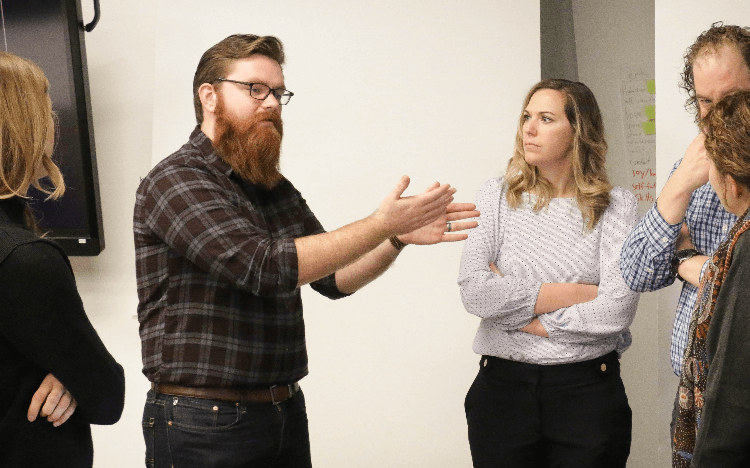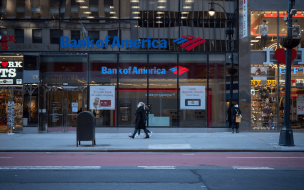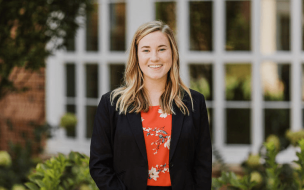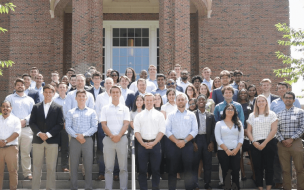How can firms do better?
By bringing their knowledge and values from business school into the corporate world, MBAs are well placed to help firms develop their social impact work.
One key teaching in Sundar's classroom is the need for firms to commit to measurable goals over a sustained period. It is the only way to ensure that social impact becomes a real movement, not just a marketing trend.
“With the Black Lives Matter movement, many businesses made one-off donations, but failed to make any significant long term goals around the cause,” explains Sundar. “It’s very episodic right now— we need systematic change.”
Zack agrees the answer lies in long-term goals, and businesses need to demonstrate goals beyond hitting their quarterly numbers, a lesson he learned directly from his work with B Corps during his MBA.
The frameworks B Corp provided, explains Zack, were particularly useful in equipping him to help local businesses scale up whilst sustaining a commitment to social impact.
The real challenge is how larger corporations can make this shift into becoming more sustainable and ethical, when they already have complex supply chains and a pre-established brand identity.
Though these companies face more of a challenge than smaller businesses that have been impact driven from the start, Sundar says the big corporations have the real power to enact meaningful change.
In which case, MBAs must be educated in social impact, since it's the MBA candidates of today who will run big business tomorrow.
“We need to start doing things differently in business,” Zack concludes. “As MBA programs continue to evolve to meet the challenges of the future, Terry College of Business is poised to become a leader in that space.”







